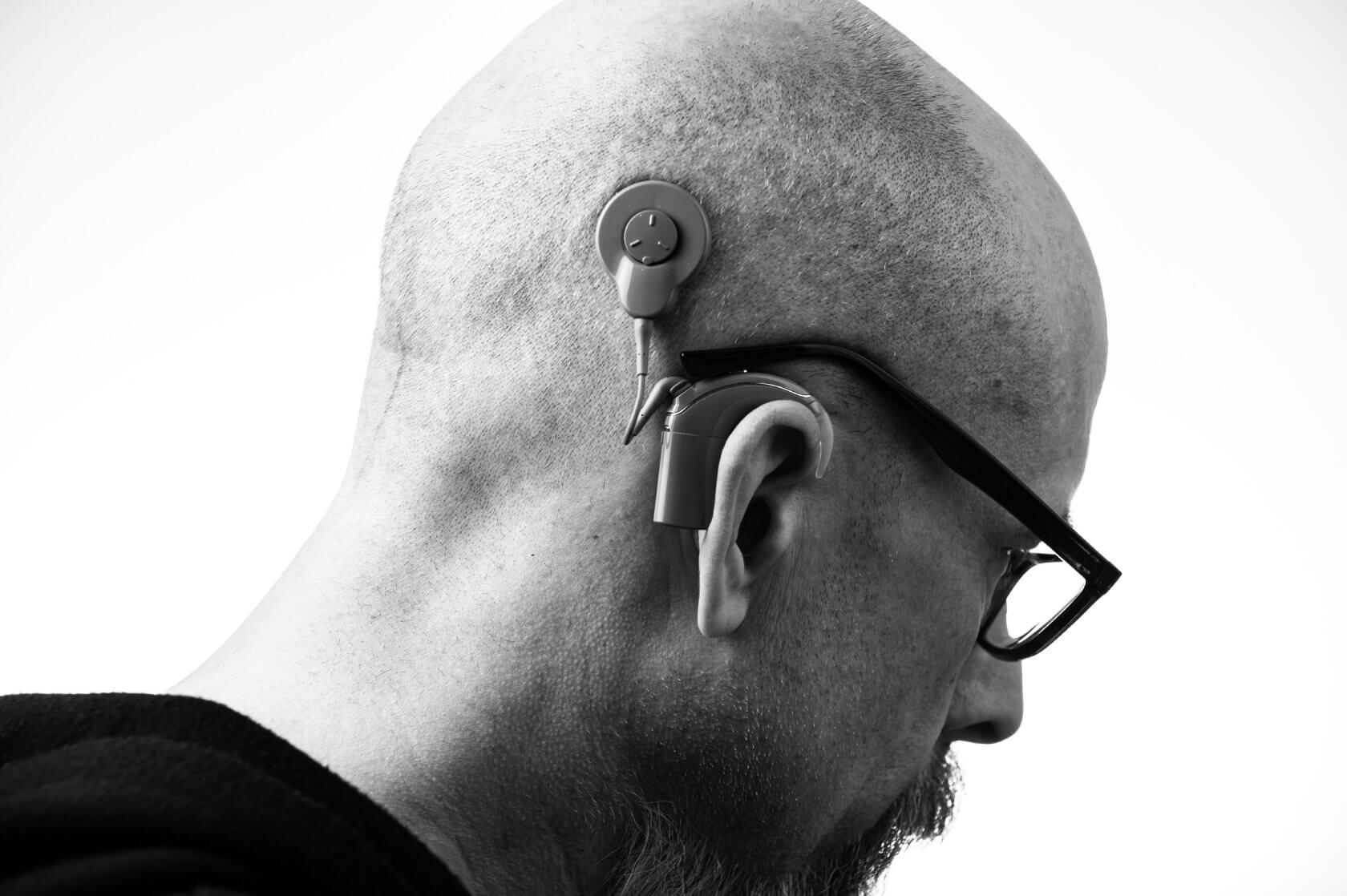Occupational hearing loss is a preventable ailment. With the correct knowledge, awareness, and preventive actions businesses and employees must collaborate to safeguard and preserve their hearing health.
Table of Contents
What Is Hearing Loss?
Hearing is one of our most important senses, linking us to our surroundings. The capacity to hear and communicate properly is essential in both our personal and professional lives.
The inability to hear sounds in one or both ears is referred to as hearing loss. It might be a slow process that leaves us blissfully oblivious until the sounds become muffled one day.
This stealthy invader frequently comes into our lives without our knowledge and can cause a slew of issues ranging from social isolation to diminished quality of life. However, for millions of people, hearing loss is a consequence of their employment rather than a result of age or heredity, and its value sometimes goes overlooked in the hectic pace of our professional life – until it’s too late.
Occupational Hearing Loss: A Workplace Hazard
It’s a noisy world out there, and not only because of the city’s horns and blasting sirens. Workers are exposed to harmful amounts of noise in a variety of occupations. Construction, manufacturing, mining, agriculture, and the music business are all common suspects. Prolonged exposure to noise with levels exceeding 85 dB can cause irreversible hearing loss by damaging the delicate hair cells in the inner ear. A regular conversation is approximately 60 decibels, a rock concert can reach 120 decibels, and heavy machinery can create noise levels above 100 decibels.
The impairment of an individual’s hearing ability as a result of extended exposure to excessive noise levels on the job is referred to as occupational hearing loss. Unlike other types of hearing loss that may be linked to age or recreational activities, occupational hearing loss is preventable, and it frequently goes unnoticed until it is too late.
The repercussions of occupational hearing loss go beyond mere annoyance. Communication difficulties are common in affected people, resulting in misunderstandings, frustration, and even isolation. Furthermore, hearing loss can have an impact on job performance since it might be difficult to hear critical instructions or alerts in a noisy work setting. As a result, occupational hearing loss might diminish job satisfaction and career options.
Occupational Hearing Loss: The Impact on Job Performance
The effects of occupational hearing loss extend beyond ordinary auditory impairment and have a substantial impact on job performance.
- Communication Difficulties: Hearing loss can cause major communication difficulties at work. Employees may struggle to hear and comprehend their coworkers, resulting in misunderstandings and miscommunications. These challenges can be detrimental in areas where good communication is critical, such as construction sites, manufacturing facilities, or healthcare settings.
- Reduced Efficiency: An employee’s efficiency can be reduced if he or she is unable to hear important instructions, warnings, or alarms. Tasks may take longer to accomplish, and the quality of work may suffer as a result. Errors can arise in some circumstances owing to a misreading of instructions.
- Job Dissatisfaction: Hearing loss can affect job satisfaction directly. Employees who have hearing problems may get irritated, alienated, or disengaged from their jobs. This dissatisfaction can lead to decreased work satisfaction and, as a result, greater employee turnover.
Occupational Hearing Loss: Legal Frameworks and Regulations
Recognizing occupational hearing loss as a major hazard has resulted in the development of legal and regulatory frameworks to protect workers’ hearing health. The Occupational Safety and Health Administration (OSHA) is one of the most notable agencies tackling this issue in the United States.
OSHA has established acceptable exposure limits (PEL) for occupational noise. The PEL is defined as a noise level of 90 decibels (dB) over an 8-hour time-weighted average (TWA). When noise levels surpass the PEL, employers are obligated to use engineering measures to mitigate noise exposure. If engineering measures are insufficient to lower noise levels, companies must supply impacted personnel with personal protection equipment (PPE) such as earplugs or earmuffs.
OSHA requires workers who work in noisy environments to undergo audiometric testing at regular intervals. This examination aids in the early detection of hearing loss, allowing for proper management and the prevention of future damage.
The Hearing Loss Workers Compensation Program
The hearing loss workers’ compensation program is available to compensate employees whose hearing has been impaired as a result of noisy work employment. Workplace noise need not “cause” the hearing loss. It only needs to contribute to the loss.
Exposure to “noisy employment” for just 90 days may result in a compensable loss. The legal, medical, and audio-metric questions that come into play in a hearing loss workers’ compensation claim can be complicated so always feel free to ask Johnson Law Offices about the process, the law, or an individual case.
The claims require attention to detail mixed with an ability to work well with hearing-impaired retirees and their families, especially spouses, and their hearing health care professionals.
Sources
- https://www.cdc.gov/niosh/topics/noise/about/
- https://medlineplus.gov/ency/article/001048
Contact Us
If you, or anyone you know, worked in noise and suffers from hearing loss, please do not hesitate to contact us.
Contact Us


